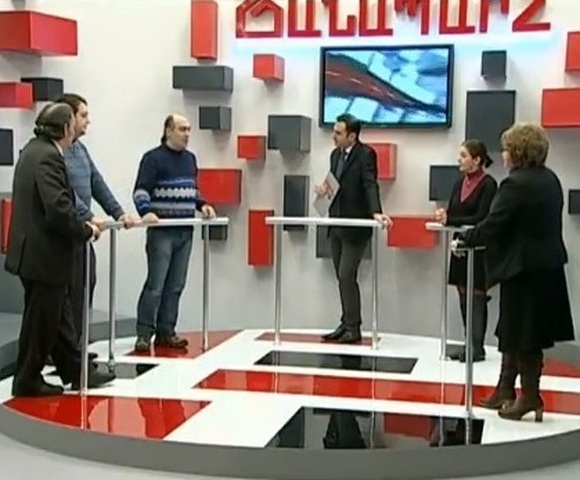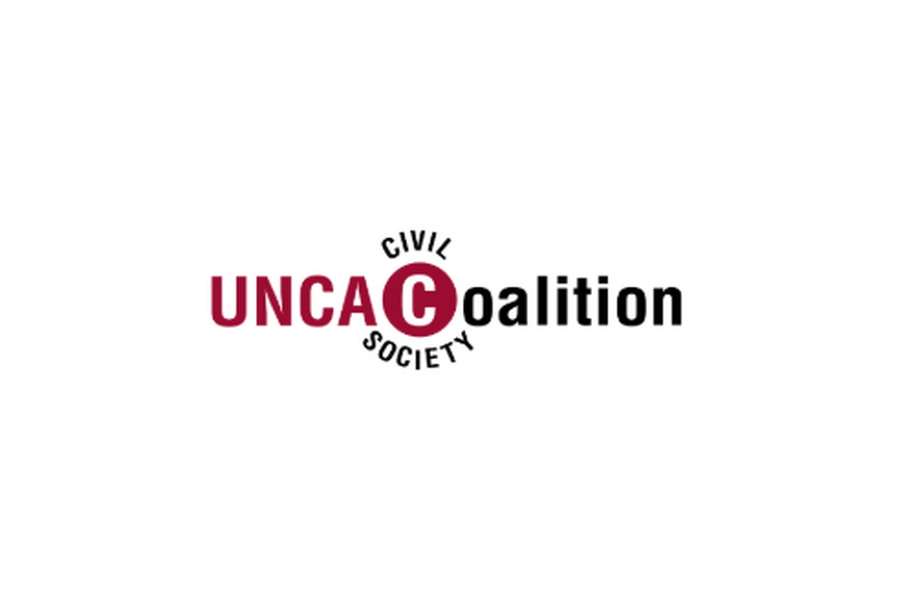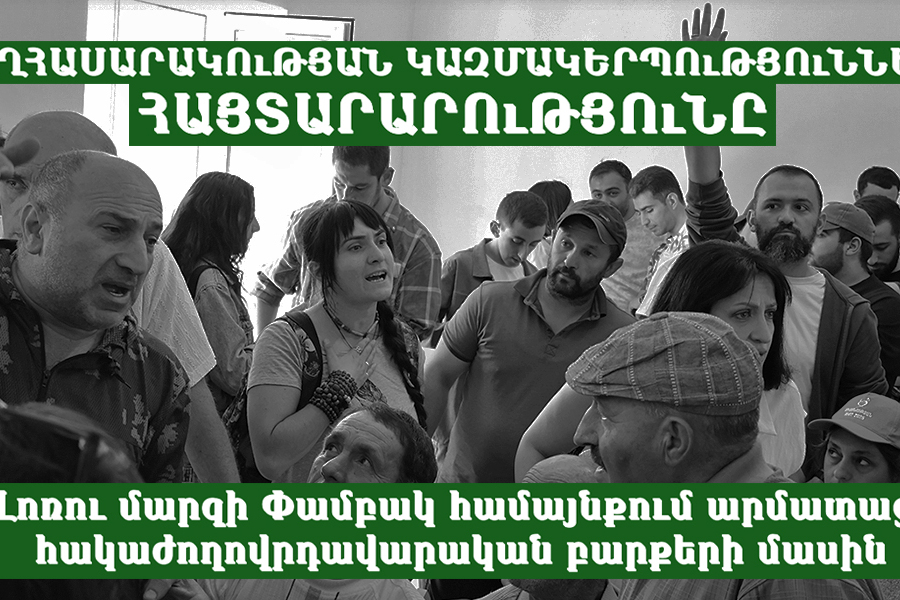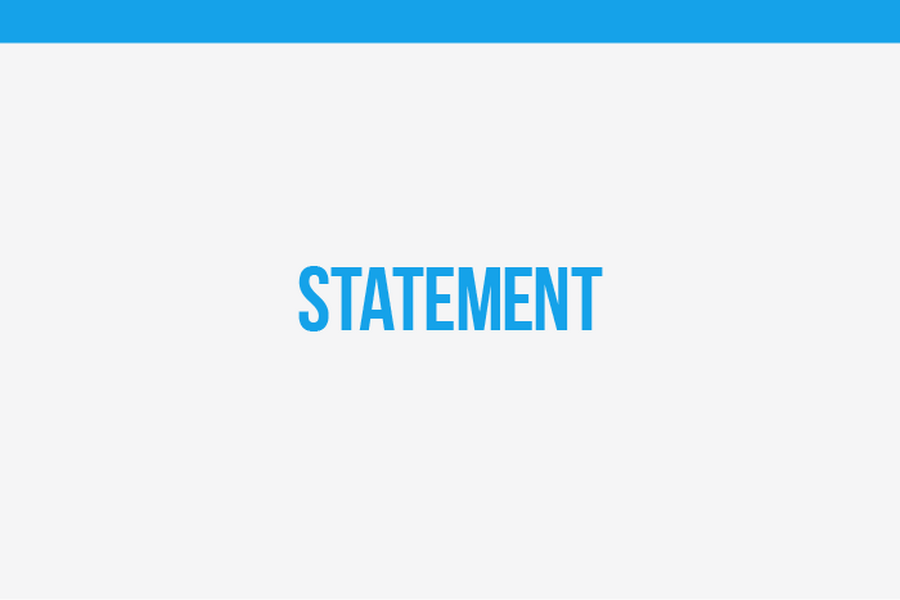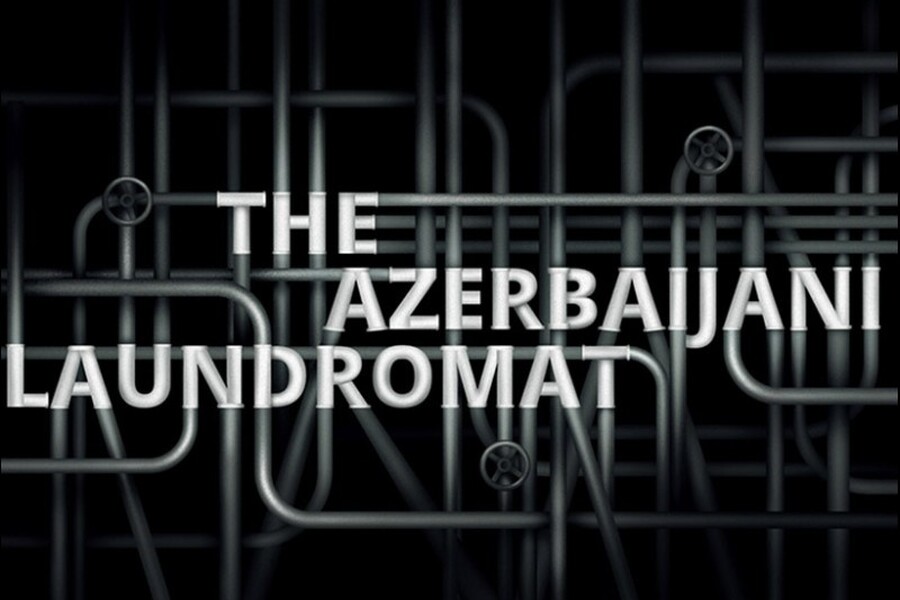“Chanaparh” TV show: whether or not to control NGOs
On December 23, 2013 Sona Ayvazyan, Deputy Director of Transparency International Anticorruption Center was the guest of AR television’s “Chanaparh” show. The show addressed NGOs and control of their activities. According to recent media disseminated information RA government intended to study the legislative field and make certain amendments in order to tax NGOs grants and accordingly to have greater control over NGOs. In that regard the guests of the program answered questions whether six thousand NGOs were not too many for a small country like Armenia and whether or not there was lack of control over them.
According to Sona Ayvazyan state institutions have sufficient control leverage enabling them to oversee how the NGOs money is spent, how legitimate their activities were, how the activities complied with their respective charters. There is no need for additional overseeing. Now that the idea of additional taxes is voiced, it is only a means to oppress the NGOs, of course in parallel filling the budget gap. The NGO sector is the only sphere that is not completely controlled at present, since there is a small part of really independent NGOs. RA authorities do not need free and independently thinking NGOs. Therefore, they have a great desire to control the entire sector and from time to time, we witness various transgressions by the government to amend something in legislation or in practice that will enable to limit NGOs work.
In her opinion, the state has sufficient liability and to increase the scope of that liability would mean to oppress the public sector. It is natural that it would affect independent NGOs, simply oppressing the civic sector, and not GONGOs that receive grants at the expense of the state and fail to present any report to the public. NGOs should work more transparently and be more accountable to their respective communities. Today, against the background of the authorities’ intention to enter Eurasian Union, a club of countries with authoritarian system where human rights and freedoms are disregarded and violations against NGOs are common, attempts to repress and limit NGOs activities by various means through overseeing, calling them “international agents” or otherwise, would be viewed as normal.
It would be more desirable for the NGOs to have internal resources. However, the Armenian authorities for years ever since the creation of NGO legislation failed to make the taxation field favorable for the local resource development, so that local donors be able to invest without being taxed. Today investments are taxed and there is no measure to promote investment for economic agents to make investments for any NGO. It is not the NGOs that are to blame for the lack of internal source but the inaction of the authorities. There is a concept that should be adopted and become a law for the improvement of NGO sector legislation. As for the international organizations, their entire activity is based on cooperation with Armenia, that is they do things with prior approval of the Armenian authorities.
Other guests of the show were Inga Zarafyan, “EcoLur” Informational NGO President; Tigran Kocharyan, Information Security Specialist; Aharon Adibekyan, Director of “Sociometer” Sociological Center; Samvel Martirosian, Media Specialist; Tehmine Yenokyan, Journalist.

